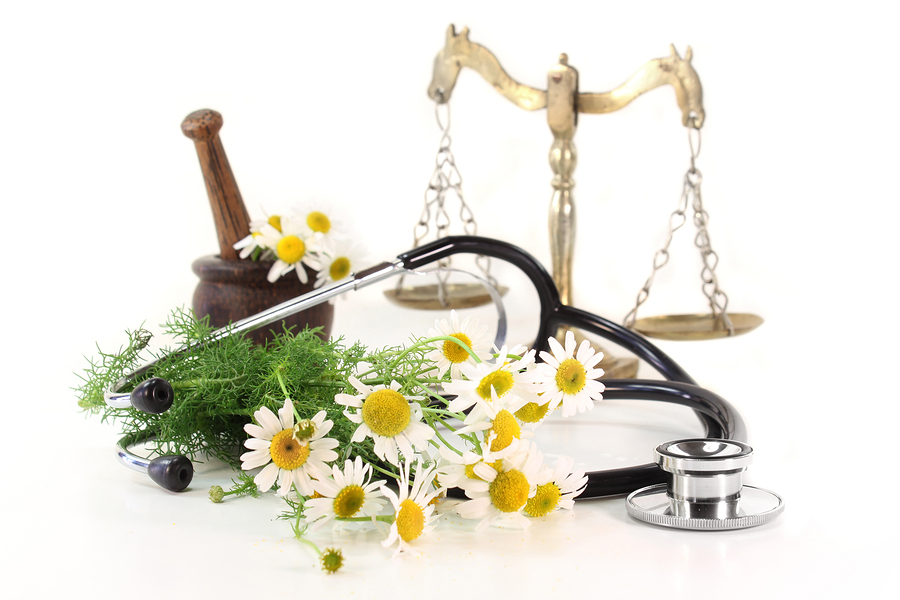Can Herbs Balance Your Hormones? (2min Read)
You’ve probably heard the phrase ‘balance your hormones’ floating around. But what does this actually mean? There isn’t a way to actually ‘balance’ your hormones. There’s no see-saw as such that we’re balancing when we work with the body. However, what this refers to is helping your hormones work more efficiently by supporting your pituitary gland. Seeing as this is the master gland that regulates the secretion of hormones by your ovaries as well as other organs in your body, it makes sense to nourish and protect the pituitary gland so that the ovaries and adrenal glands secrete the right amount of hormones, but more importantly, they do so at the right time. That way we don’t get an over or under production of hormones, which leads to a chemical imbalance in the body. So what are the ways herbs actually support our hormones?
By using phytotherapy or plant therapy, studies have shown the compounds in plants help to mitigate androgenic effects, for example as seen in PCOS. Plants compounds interact with androgen receptors, which means they intercept them before they have a chance to wreak havoc in the body.
When toxins or chemicals are present in the body, plants have a way of binding to these toxins and excreting them safely from the body. Clever right? The effects of herbs are endless and modern science is still being brought to light about the healing powers of plants.
For great tips and solutions to reducing pain naturally, sign up for your FREE guide ABC to Living Pain-Free today.
References
Haj‐Husein, I., Tukan, S. and Alkazaleh, F. (2016) The effect of marjoram (origanum majorana) tea on the hormonal profile of women with polycystic ovary syndrome: A randomised controlled pilot study. Journal of Human Nutrition and Dietetics, 29(1) 105-111.
Kargozar, R., Azizi, H. and Salari, R. (2017) A review of effective herbal medicines in controlling menopausal symptoms. Electronic Physician, 9(11).
Lee, S. and Rhee, D. (2017) Effects of ginseng on stress-related depression, anxiety, and the hypothalamic–pituitary–adrenal axis. Journal of Ginseng Research, 41(4) 589-594.



